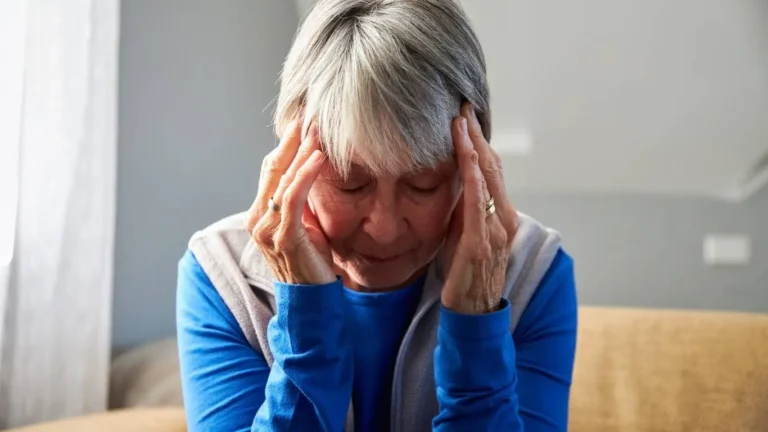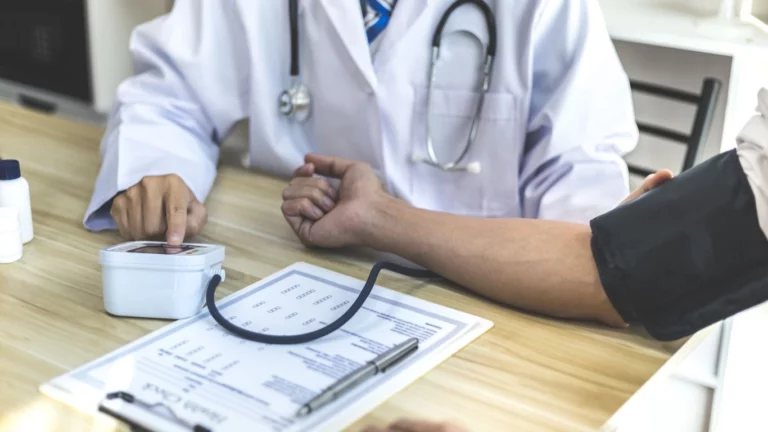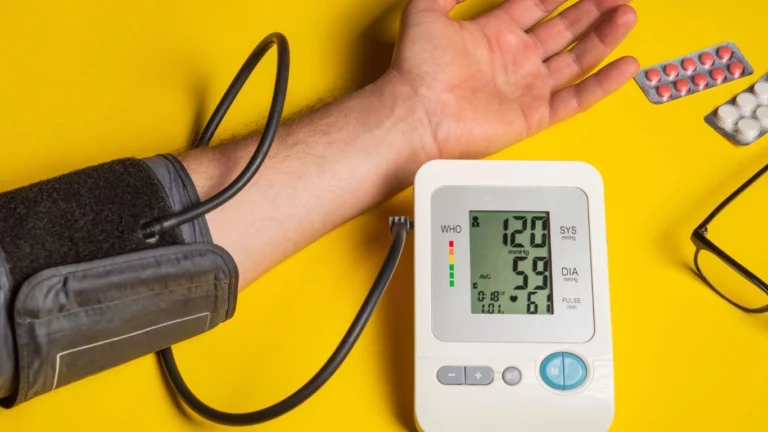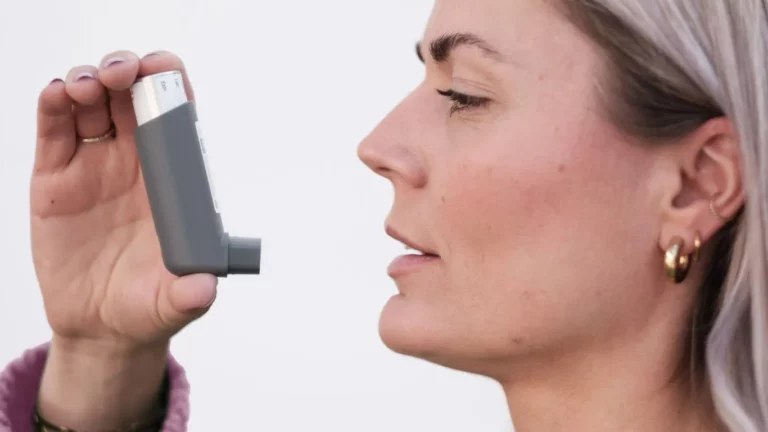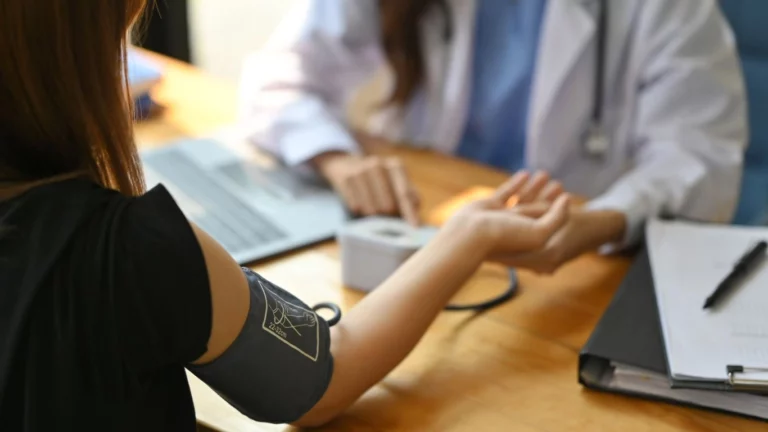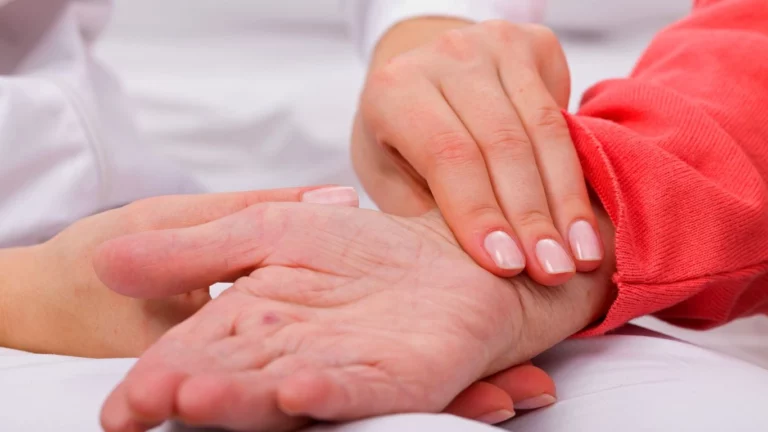Why Burping and Acid Reflux Can Ruin Your Day (And How to Fix It)
Ever been in the middle of a meeting or a quiet dinner and suddenly—oops, there goes another burp? Yeah, same here. It’s awkward, frustrating, and when it happens too often, downright uncomfortable. Now imagine that burping comes with a burning feeling in your chest or throat. If that sounds familiar, you might be dealing with more than just air bubbles. Let’s talk about the connection between burping and acid reflux, and more importantly, how to stop the cycle before it takes over your day-to-day life.
Why Do We Burp in the First Place?

Burping is your body’s natural way of getting rid of excess air from your stomach. It’s totally normal to burp a few times after eating or drinking something fizzy. But when burping becomes chronic and comes with other symptoms like heartburn, chest tightness, or even nausea, it could be signaling something deeper.
Introducing: GERD (Gastroesophageal Reflux Disease)
GERD happens when stomach acid flows back into the esophagus, irritating the lining. One lesser-known symptom? Frequent burping. That’s right — GERD isn’t just about heartburn. It can also mess with how your stomach and esophagus deal with trapped gas, leading to nonstop belching. According to the Mayo Clinic, GERD symptoms can range from mild to severe, and burping is often overlooked as a key sign.
The GERD-Burping Feedback Loop

Here’s the tricky part: when you burp, it can temporarily relieve pressure in your stomach. But if your lower esophageal sphincter (LES) is weak — which is often the case with GERD — burping may actually trigger acid reflux. Think of it like a valve that doesn’t seal properly; every time you burp, it’s a chance for acid to sneak up.
- Burping increases abdominal pressure
- LES opens up more than it should
- Acid escapes into the esophagus
- Reflux symptoms flare up — heartburn, bitter taste, throat irritation
Some people, including myself during a rough patch last year, even experience what’s called supragastric belching. This type of burping starts in the throat, not the stomach. It’s more of a behavioral response, often linked to stress or even unconscious habits — and yes, it can absolutely worsen GERD symptoms.
Foods That Fan the Flames

Let’s be honest — food plays a massive role in this. I learned the hard way that my love for spicy ramen and late-night lattes wasn’t doing my digestion any favors. Certain foods relax the LES, making burping and reflux much worse.
Common Culprits Include:
- Carbonated beverages (yep, that fizzy soda is a burp bomb)
- Fatty or fried foods
- Onions and garlic
- Chocolate and mint
- Alcohol and caffeine
Luckily, I discovered a list of GERD-friendly foods that not only helped tone down the reflux, but also reduced the embarrassing burps. Think oatmeal, bananas, lean proteins, and herbal teas. Bland doesn’t have to be boring, trust me.
Stop Swallowing So Much Air

This was a game-changer for me. Most of us don’t even realize how much air we’re gulping down during the day. Whether it’s talking while eating, chewing gum, or nervously sipping through a straw, all that extra air has to go somewhere. And guess what? It often escapes as a burp — or worse, brings acid along for the ride.
Tips to Reduce Air Swallowing:
- Eat slowly and chew thoroughly
- Avoid chewing gum or sucking on hard candy
- Skip the straw — drink from the glass
- Stay calm while eating (I know, easier said than done!)
There’s a great breakdown of air-swallowing habits and how to change them on the site if you want a deeper dive.
Don’t Ignore the Silent Signals

Sometimes burping is the only symptom that something’s off. You might not even feel the typical burning of heartburn. This is known as silent reflux or laryngopharyngeal reflux (LPR), and it’s sneakier than regular GERD. Burping, chronic throat clearing, a hoarse voice, or feeling like there’s a lump in your throat could all be signs.
If you’re frequently belching and also experiencing unexplained coughs or throat discomfort, check out the early warning signs of GERD. It might not just be gas — it could be your body trying to tell you something more serious.
Everyday Habits That Actually Help

Through a lot of trial and error, I’ve found that managing GERD-related burping isn’t just about medication. Small changes in routine made a huge difference for me.
Here’s What Worked:
- Sleeping with an elevated head — a wedge pillow helped immensely
- Smaller meals more often — stopped that overstuffed, burpy feeling
- Eating at least 2–3 hours before bed
- Staying upright after eating — no lounging on the couch!
- Wearing loose clothing — tight waistbands? Big nope
Also, if stress is a major trigger (like it is for me), consider mindfulness or even a simple walk after meals. You’d be surprised how much a calmer nervous system affects your gut.
For a broader understanding of how your lifestyle connects to GERD symptoms and what realistic changes you can make, the insights in this lifestyle guide are absolutely spot-on.
When Burping Becomes a Daily Disruption

It’s one thing to burp after a fizzy drink — it’s another when it starts interrupting your work calls, sleep, or meals. For me, the turning point came when I couldn’t get through a lunch meeting without constantly clearing my throat or holding back a burp. It wasn’t just annoying; it was messing with my confidence and quality of life.
That’s when I started taking symptom tracking more seriously. Journaling what I ate, when I ate, and when the burping hit helped me figure out the hidden patterns. Turns out, it wasn’t just spicy food — even healthy stuff like broccoli or hummus triggered my reflux on some days. That insight changed how I approached my meals completely.
How to Track Symptoms Effectively:
- Keep a daily log of meals and snacks
- Note times of day when symptoms spike
- Include sleep patterns, stress levels, and bowel habits
- Watch for symptoms beyond burping: sore throat, cough, hoarseness
It doesn’t have to be fancy — even a quick phone note or old-school notebook does the trick. Just be consistent for a couple of weeks, and patterns will start to appear.
Natural Remedies That Actually Help

While medications like antacids or PPIs can help, I really wanted something I could turn to without relying on prescriptions 24/7. And let’s be real, not all natural remedies work the same for everyone — but here are a few that genuinely helped reduce both my burping and acid reflux:
- Ginger tea – A total game changer. I sip this after meals now instead of green tea or coffee. Soothes the gut without triggering acid.
- Aloe vera juice (decolorized) – A little in the morning calms the stomach lining.
- Licorice root (DGL) – Helped me with throat irritation and reduced those annoying burps.
- Slippery elm – Forms a coating in the esophagus and actually reduced that raw, acidic feeling.
For a deeper dive into proven options, this GERD natural remedy guide lays it all out with solid explanations and dosages.
Could It Be Something More?

If lifestyle changes and dietary tweaks aren’t cutting it, it might be time to dig deeper. Sometimes, chronic burping and reflux are signs of:
- Hiatal hernia – where part of your stomach pushes through your diaphragm
- H. pylori infection – a common bacterial infection that affects the stomach lining
- Delayed stomach emptying (gastroparesis)
- Functional dyspepsia – basically, a sensitive gut that overreacts to meals
Getting a proper diagnosis from a GI specialist can rule out these conditions and ensure you’re not just treating the symptom while missing the root cause. If burping is accompanied by weight loss, vomiting, trouble swallowing, or intense pain, don’t wait — get checked.
You can read about the most accurate diagnostic tools available today — from pH monitoring to endoscopy — and what to expect if you’re referred for one.
How I Finally Got It Under Control

It took a few months, honestly. There were setbacks (like thinking sparkling water was okay — spoiler: not for me), but combining small lifestyle tweaks, stress management, and smart food choices paid off. The burping didn’t vanish overnight, but now it’s rare, and my reflux barely registers on most days.
What Worked Best For Me:
- Morning ginger tea ritual
- No more late-night snacks (still hurts, but worth it)
- Wedge pillow + early dinners
- Identifying sneaky air-swallower habits
- Learning what to eat when I’m actually hungry — not bored or anxious
Burping and GERD may seem like small annoyances, but left unchecked, they can seriously disrupt your physical comfort and confidence. The key is getting proactive — even small steps add up fast.
For a full strategy guide on managing GERD symptoms like burping, reflux, and bloating from the ground up, be sure to check the foundational article here: Best GERD Treatments That Actually Work.
Start small. Stay consistent. Your gut — and your dignity — will thank you.

Camellia Wulansari is a dedicated Medical Assistant at a local clinic and a passionate health writer at Healthusias.com. With years of hands-on experience in patient care and a deep interest in preventive medicine, she bridges the gap between clinical knowledge and accessible health information. Camellia specializes in writing about digestive health, chronic conditions like GERD and hypertension, respiratory issues, and autoimmune diseases, aiming to empower readers with practical, easy-to-understand insights. When she’s not assisting patients or writing, you’ll find her enjoying quiet mornings with coffee and a medical journal in hand—or jamming to her favorite metal band, Lamb of God.


